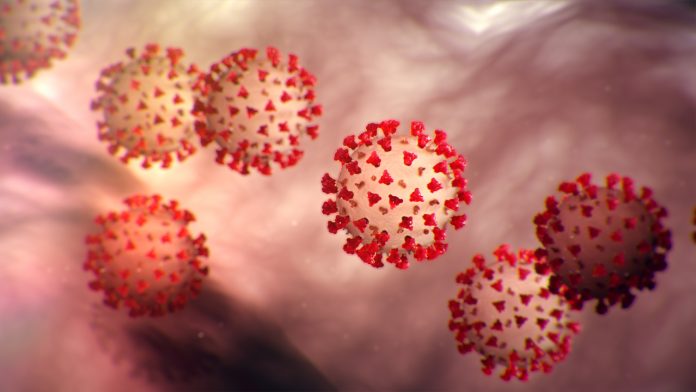We don’t usually stray too far from the tech at Ausdroid, but this news deserves a mention. News today from the government is that the Pfizer COVID-19 vaccine has been approved by Australia’s Therapeutic Goods Administration.
This means that the first Australians will start receiving the Pfizer vaccine in mid to late February, with the date changing slightly due to “challenges” around production and delivery.
Prime minister Scott Morrison told the press today that the slip was due to events outside Australia’s control internationally, but that he was confident of continuing the timeline already set out.
Australia’s federal Health minister Greg Hunt told the media that Australia was “on track” to have the majority of the population vaccinated against COVID-19 by October 2021. It’s unclear exactly how the split between the Pfizer vaccine and AstraZeneca vaccines will be made, but the Pfizer shots will come first (from mid-late February), and the government anticipates the AstraZeneca vaccine will commence in early-mid March.
The news is important because it represents the one of the first “full” approval of a COVID-19 vaccine worldwide. In other countries such as the UK and USA, the vaccines have been approved on an “interim” basis, without the full analysis and review that more commonly takes place.
Come March, when the AstraZeneca vaccine becomes available, given its local manafacture by CSL, the government expects production of around 1,000,000 doses per week, which is very quickly going to deliver the numbers needed to vaccinate huge numbers of Australians, and potentially other countries too.
Unfortunately, though, the vaccine comes with some limitations; Austrailans won’t be headed overseas in a hurry. Prime minister Morrison said that those vaccinated will have to keep following standard COVID advice, and that includes the restriction on international travel for the time being:
“It is important to understand that once the vaccine starts, that doesn’t mean you can jump on a plane to Bali the next day. It doesn’t mean that the masks disappear if that is what the public health arrangements are in a particular state or territory or the quarantine arrangements for return into Australia will end or anything like this,” he said.
Why?
Well, for starters, no one really knows how effective the vaccines will be at stopping transmission of the disease; they’re effective in stopping / preventing symptoms, but the disease may still spread.
Former chief medical officer, Brendan Murphy, said both vaccines will be able to successfully prevent people from getting critically ill from the virus.
“We don’t yet know how effective they are at preventing the transmission of the virus. Those arrange studies that were published, the phase 3 trials are based around prevention of clinical disease,” he said.
“We will be progressively getting data over the coming months about the impact on transmission of the virus. It stands to reason that these vaccines will also prevent, to some degree, transmission of the virus but we don’t know how effective they are at doing that.”
We should have a better idea of the effectiveness of the vaccines in preventing the spread of COVID-19 within about three months of the vaccination program commencing, so by around May / June this year.




